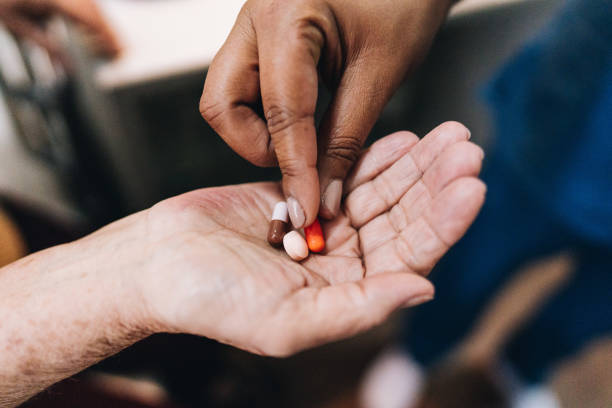Drug addiction is a growing concern in Pakistan, affecting individuals, families, and communities. To combat this challenge, residential drug treatment centers in Pakistan offer structured programs that help individuals recover from addiction in a safe and supportive environment. This article explores how these centers operate, their benefits, and what to consider when seeking treatment.
What is Residential Drug Treatment?
Residential drug treatment is an intensive, live-in program designed to help individuals overcome addiction. Unlike outpatient treatment, where individuals attend therapy sessions while living at home, residential programs provide 24/7 care in a controlled environment. This setting minimizes external triggers and distractions, allowing individuals to focus solely on their recovery.
How Residential Drug Treatment Centers Operate in Pakistan
In Pakistan, residential drug treatment centers follow structured protocols to address addiction. These centers typically offer:
- Medical Assessment and Detoxification
The first step in most programs is a thorough medical evaluation to assess the individual’s condition. Detoxification, supervised by medical professionals, helps manage withdrawal symptoms safely. - Therapeutic Interventions
Patients undergo individual and group therapy sessions to address the psychological and emotional aspects of addiction. Techniques such as Cognitive Behavioral Therapy (CBT) and Dialectical Behavioral Therapy (DBT) are commonly used. - Skill-Building Activities
Life skills training, vocational workshops, and educational sessions help individuals rebuild their lives and prepare for reintegration into society. - Family Involvement
Many centers involve family members in the recovery process through counseling sessions. This support system plays a crucial role in sustaining long-term recovery. - Aftercare Planning
A solid aftercare plan, including follow-up counseling and support groups, ensures individuals maintain sobriety after leaving the facility.
Benefits of Residential Drug Treatment
Residential drug treatment centers in Pakistan provide several advantages, including:
- Safe and Controlled Environment
These centers offer a drug-free space where individuals can focus on recovery without external distractions or triggers. - 24/7 Medical Supervision
Continuous care ensures that any complications during detox or therapy are addressed promptly. - Holistic Approach
Many programs incorporate physical fitness, meditation, and nutritional guidance to promote overall well-being. - Peer Support
Living with others who share similar struggles fosters a sense of community and mutual encouragement.
Challenges Faced by Treatment Centers in Pakistan
While residential drug treatment centers play a vital role, they face certain challenges, such as:
- Stigma Around Addiction
Many people view addiction as a moral failing rather than a medical condition, discouraging individuals from seeking help. - Limited Access to Resources
Some regions lack adequate facilities, making it difficult for individuals in remote areas to access treatment. - Cost of Treatment
Quality care can be expensive, limiting options for those from lower-income backgrounds. - Unregulated Centers
Not all treatment centers adhere to professional standards, emphasizing the need for thorough research before choosing a facility.
Choosing the Right Residential Drug Treatment Center in Pakistan
When selecting a treatment center, consider the following factors:
- Accreditation and Licensing
Ensure the facility is licensed and adheres to established medical and ethical standards. - Qualified Staff
The center should employ certified medical professionals, therapists, and support staff. - Individualized Treatment Plans
Look for centers that tailor their programs to meet individual needs rather than adopting a one-size-fits-all approach. - Reputation and Reviews
Seek recommendations from trusted sources or read reviews to gauge the center’s success rate and patient satisfaction. - Aftercare Services
A good facility will provide ongoing support to help individuals maintain sobriety.
Government and NGO Initiatives in Pakistan
To address the growing addiction crisis, several government and non-governmental organizations (NGOs) in Pakistan work to provide affordable and accessible treatment options. These initiatives aim to:
- Raise awareness about addiction and its treatment.
- Offer free or subsidized rehabilitation programs.
- Support community-based efforts to combat drug abuse.
The Importance of Early Intervention
Early intervention significantly increases the chances of successful recovery. Recognizing the signs of addiction—such as behavioral changes, withdrawal from social activities, or declining physical health—and seeking help promptly can prevent further complications.
Conclusion
Residential drug treatment centers in Pakistan are critical in the fight against addiction. They provide a structured, supportive environment that helps individuals rebuild their lives. By understanding how these centers operate and what to look for in a facility, individuals and families can make informed decisions to address addiction effectively. Despite the challenges, continued efforts by the government, NGOs, and the community can make treatment more accessible and reduce the stigma surrounding addiction.











